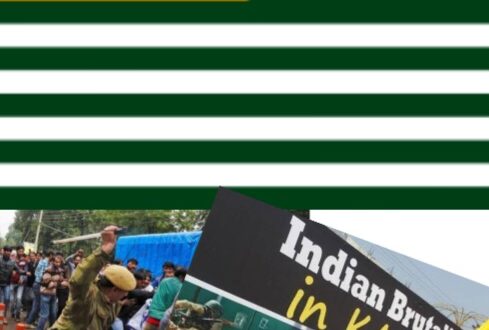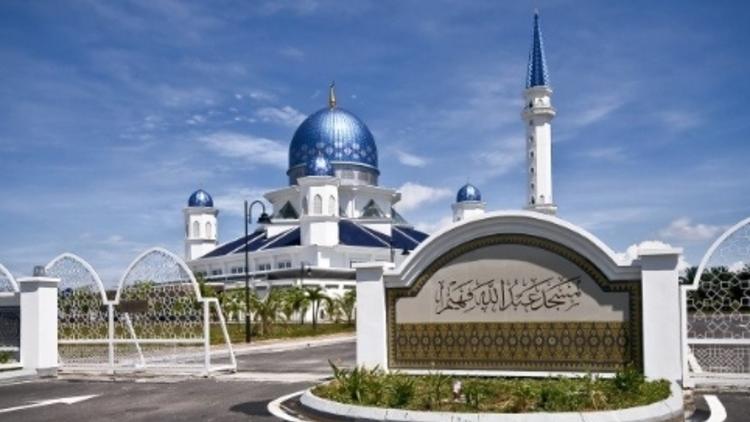Youm-e-Istehsal, also known as “Kashmir Solidarity Day,” is observed in Pakistan on August 5th each year. It marks the anniversary of India’s decision to revoke the special autonomous status of Jammu and Kashmir in 2019. On this day, Pakistan shows solidarity with the people of Kashmir and raises awareness about the situation in the region.
- The name “Youm-e-Istehsal” means “Day of Exploitation” in Urdu.
- It is observed on 5 August every year, which is the anniversary of the Indian government’s decision to revoke the special status of Jammu and Kashmir in 2019.
- The decision to revoke the special status was seen by many as a violation of the UN Security Council resolutions on Kashmir, which call for the region to be held in a plebiscite to determine its future status.
- The revocation of the special status led to a security lockdown in Kashmir, and there have been widespread reports of human rights violations by Indian security forces.
- Youm-e-Istehsal is a day to express solidarity with the people of Kashmir and to demand that their right to self-determination be respected.
In Pakistan, Youm-e-Istehsal is observed with a variety of events, including rallies, seminars, and prayers. The government also releases a statement on the day, reaffirming its support for the people of Kashmir.
Youm-e-Istehsal is a reminder of the ongoing conflict in Kashmir, and the importance of finding a peaceful resolution to the issue. It is also a day to honor the sacrifices made by the people of Kashmir in their struggle for self-determination.
Here are some more details about Youm-e-Istehsal, with historical facts:
- The Kashmir conflict is a long-standing dispute between India and Pakistan over the region of Kashmir. The conflict has its roots in the partition of British India in 1947, when the region was divided between the two newly independent countries.
- The Indian government’s decision to revoke the special status of Jammu and Kashmir in 2019 was a major escalation in the conflict. The special status gave Kashmir a degree of autonomy from the Indian government, and its revocation effectively made Kashmir a part of India.
- The revocation of the special status was met with widespread protests in Kashmir, and the Indian government imposed a security lockdown in the region. There have been widespread reports of human rights violations by Indian security forces during the lockdown.
- Youm-e-Istehsal was first observed in 2020, on the first anniversary of the revocation of the special status. The day is a reminder of the ongoing conflict in Kashmir, and the importance of finding a peaceful resolution to the issue. It is also a day to honor the sacrifices made by the people of Kashmir in their struggle for self-determination.
Here are some historical facts about the Kashmir conflict:
- The region of Kashmir has been disputed between India and Pakistan since 1947.
- The United Nations has called for a plebiscite in Kashmir to determine its future status, but this has never been held.
- The Kashmir conflict has been a major source of tension between India and Pakistan, and has led to two wars between the two countries.
- The conflict has also had a significant impact on the people of Kashmir, who have suffered from violence and human rights abuses.
Youm-e-Istehsal is a day to remember the sacrifices made by the people of Kashmir, and to demand that their right to self-determination be respected. It is also a day to call for a peaceful resolution to the Kashmir conflict.
August 5th
Youm-e-Istehsal ek din hai jo 5 august ko manaya jata hai۔ yah ek aisa din hai jab pakistan aur kashmir kay logon nay india ki taraf se kashmir kay aazad aur khud mukhtar hone kay haq per hamla karne kay liye ki gayi ghair qanoonida aur ek tarafi karwai kay khalaf aawaz uthai۔
Explore Shalkot
 Shalkot The Innovators
Shalkot The Innovators




